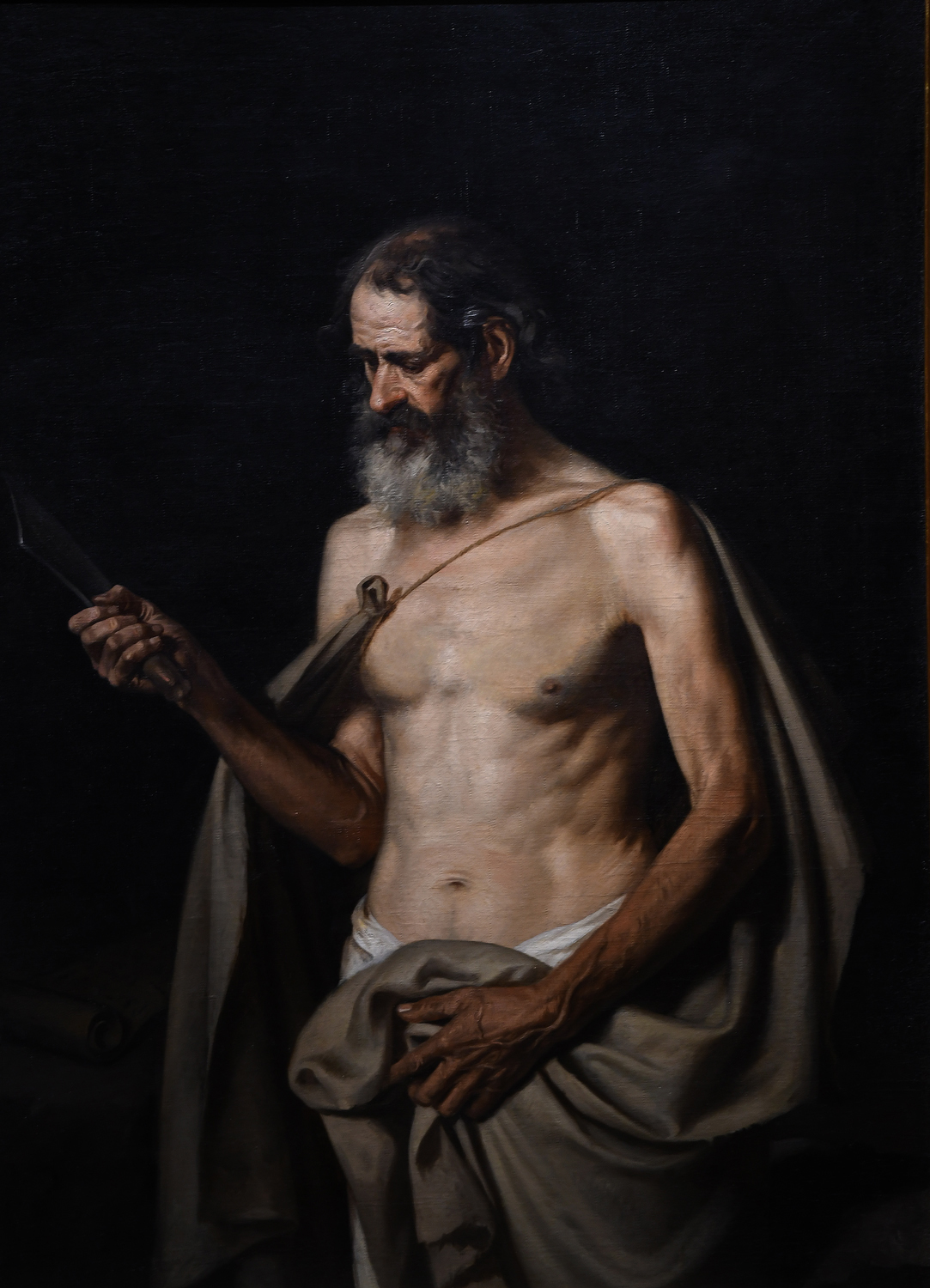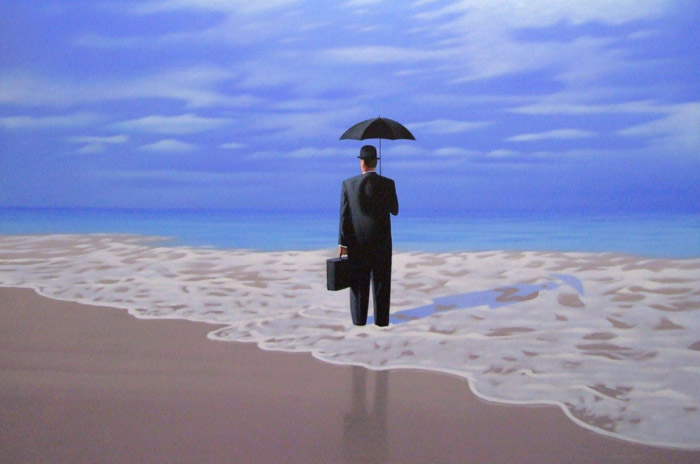Struggles and dangerous experiences are necessary for healing and the Good Life.


“[He or she] may wonder why the therapist-guru did not tell [him or her] at once the simple truths that would have made him free. But as a therapist, I know that the patient learns, I don’t teach. Furthermore, what is to be learned is too elusively simple to be grasped without struggle, surrender, and experiencing of how it is.” (quote from Sheldon B. Kopp “If You Meet The Buddha On The Road, Kill Him!”)
We do not necessarily want to change or hear that we need to change for something to become better. We might find an aspect of ourselves lacking and this might prohibit us from being the best versions of ourselves. But the problem is that we have become so used to this “broken-self” that in order for you to change, you would need to go through a “violent” and dangerous process. This process might yield nothing, or it might change you. And this might destroy the security of the walls you have built around this broken-self.
Sheldon B. Kopp in the book “If You Meet The Buddha On The Road, Kill Him!”, writes that when people visit his psychotherapeutic practice they would like to keep this old and broken self in place. They want him, as the guru or the person with the expertise, to change them so that they feel better with the broken-self left in place. In other words, to change constitutes too much of a difference, they would rather want to feel better about themselves while still broken. This is not a long-term solution to become a better person, or to feel better. Kopp and other therapists might provide a temporary relief to the struggling patient, but there is no healing or curing here. The only thing present here is temporary relief, similar to the drug addict taking a hit, or the alcoholic taking a drink. The long-term solution would be to get rid of the broken-self.

How does this happen? Would healing happen when you merely feel better about yourself in the short-term? Does the broken-self contain enough security that one might hide behind this? I do not think so. Let us revisit what Kopp has said in the quote I began this essay with. The road towards healing, curing or health is easy, however not everyone knows this. Why? Because people want a quick answer to something that takes a lifetime to figure out. The good life, as so many philosophers tried to live, is a life-long search. One does not find the answer written in the pages of self-help books. The guru or psychotherapist cannot simply provide the answer. Yes, he or she might have the answer, but one cannot find this answer by listening to them. The answer lies with the patient or counselee living life, figuring things out, by struggling through problems, and by going through dangerous and uncomfortable experiences. Then only might one talk about gaining insight so you might answer the question as to how you can live a good life.

Kopp states this beautifully when he says that “what is to be learned is too elusively simple to be grasped without struggle”. In the act of struggling through, say, a complex text or argument, you might “see the light at the end of the tunnel”, one might then “grasp” what one should learn. When you are told what it is to live the good life, you would not be able to understand how to live the good life. It is only through struggle, dangerous experiences, by living life, that you could possibly understand how to begin the search for the good life.
This post has been selected for curation by @msp-curation by @clayboyn and has been upvoted and will be featured in the weekly philosophy curation post. It will also be considered for the official @minnowsupport curation post and if selected will be resteemed from the main account. Feel free to join us on Discord!
Really like your post!
I am going to therapy for a couple years now, and I can say that it is absolutely important what the patient "wants to hear" and wants to - do.
Leaving broken-self hits hard to home, since I am finding it difficult, still, to let go of some parts of me, because I feel like I will be left with no identity, thinking that all the "bad" parts contribute to my character and make them what I am.
I suppose it is true that it is a life-long search and a cycle of never ending changes, but it is important we go from point to point, not stand in place.
Thank you for the good read.
Hi! Sorry for only responding now. Yes, I think that is so true. You come to know yourself as that self with the broken parts. But rather than taking away these bad and broken parts, I think we need to build onto and from that broken parts. I don't think that we humans are like buildings. A building needs a good foundation for the building process to go smoothly. However, I think humans are meant to have cracks, but we should not feed the bad habits etc. to make the cracks bigger. Instead, we need to work with the cracks (because like you said, that is part of who you are) and become a better self with the cracks. I hope your journey will be worth the trouble! Let us live life! Stay safe.